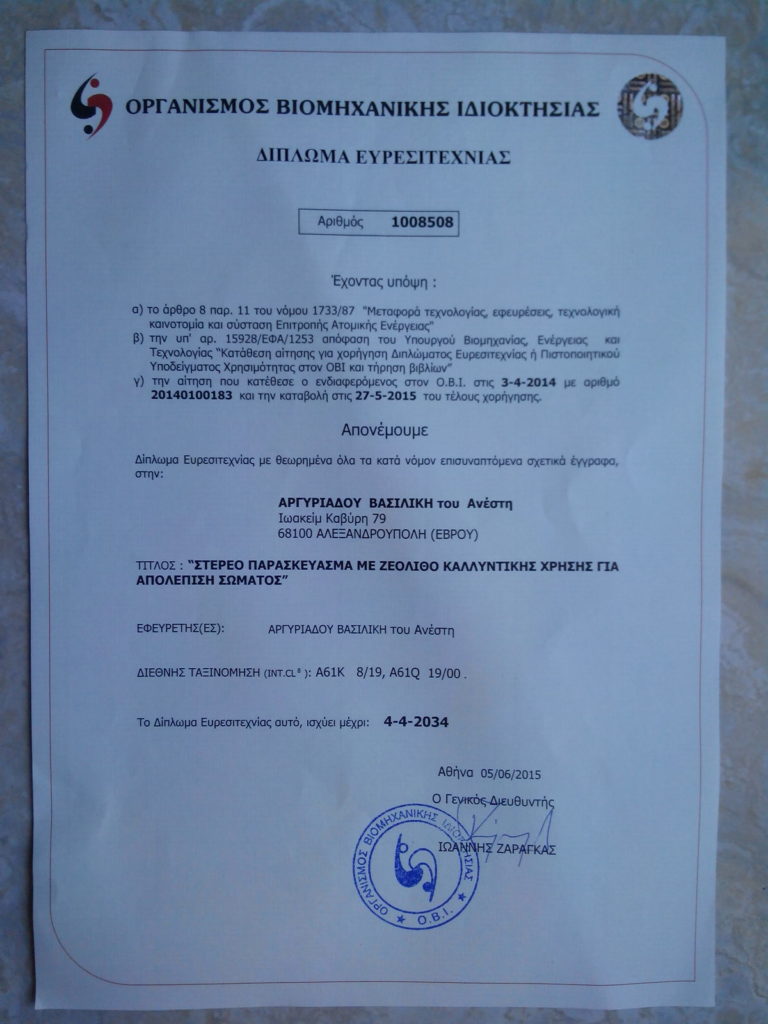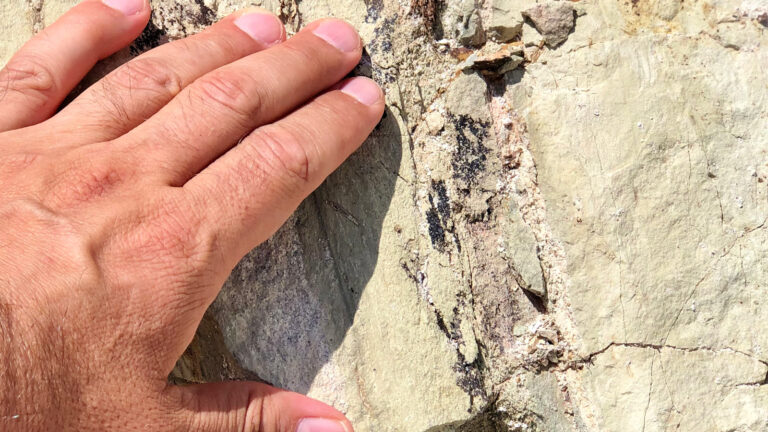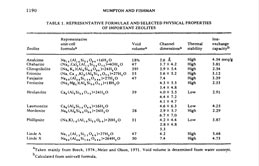Journal of Molecular Medicine
abstract
Natural silicate materials, including zeolite clinoptilolite, have been shown to exhibit diverse biological activities and have been used successfully as a vaccine adjuvant and for the treatment of diarrhea. We report a novel use of finely ground clinoptilolite as a potential adjuvant in anticancer therapy. Clinoptilolite treatment of mice and dogs suffering from a variety of tumor types led to improvement in the overall health status, prolongation of life-span, and decrease in tumors size. Local application of clinoptilolite to skin cancers of dogs effectively reduced tumor formation and growth. In addition, toxicology studies on mice and rats demonstrated that the treatment does not have negative effects. In vitro tissue culture studies showed that finely ground clinoptilolite inhibits protein kinase B (c-Akt), induces expression of p21WAF1/CIP1 and p27KIP1 tumor suppressor proteins, and blocks cell growth in several cancer cell lines. These data indicate that clinoptilolite treatment might affect cancer growth by attenuating survival signals and inducing tumor suppressor genes in treated cells.
Introduction
Zeolites are hydrated natural and synthetic microporous crystals with well-defined structures containing AlO4 and SiO4 tetrahedra linked through the common oxygen atoms [1]. Zeolites have
been extensively used in various industrial applications based on their properties to act as catalysts, ion exchangers, adsorbents, and detergent builders [2, 3, 4, 5, 6]. It is also known that silicates and aluminosilicates possess biological activity, either positive or negative. Talc and silica have been used in skin care for many decades, while well defined structures and catalytic activity make aluminosilicates an attractive model system for protein and enzyme mimetics [7]. Recent results have also demonstrated that natural, biologically nontoxic clinoptilolite from Cuba deposits is very effective as glucose adsorbent, and this has been suggested as a potential medication for individuals suffering from diabetes mellitus [8].
The best known positive biological activity of natural clinoptilolite is its action as antidiarrheal drug (see [9] and references therein). Clinoptilolite lowers the incidence of death and sickness (diarrheal syndrome) produced by intestinal diseases in swine, rats, and calves (see [9] and references therein). Based on these results a comprehensive study was carried out on antidiarrheal drugs based on natural clinoptilolite as an active material, in the therapy of acute diarrheal diseases in humans [9]. The research lead to approval of the antidiarrheal drug Enterex for use in humans. In addition, accumulating evidence has indicated that zeolites play an important role in regulating the immune system. Ueki et al. [10] and Aikoh et al. [11] have reported that silica, silicates, and aluminosilicates act as nonspecific immunostimulators similarly to superantigens. Superantigens are a class of immunostimulatory and disease-causing proteins of bacterial and viral origin with the ability to activate relatively large fractions (5-20%) of the T cell population. Activation requires simultaneous interaction of the superantigens with V domain of T cell receptor and with major histocompatibility
complex class II molecules on the surface of antigen presenting cells [10]. Proinflammatory macrophages, which belong to class II MHC antigen-presenting cells, are activated by fibrogenic silicate particulates [12, 13, 14, 15]. Indeed, experiments carried out by Ueki and coworkers [10] have shown that removal of MHC class II DP/DR positive cells results in a lack of macrophage stimulation by asbestos.
Direct interaction of silicate particles with cells other than lymphocytes has also been identified and described. It seems that mineral particles can trigger alterations in gene expression by initiating signaling events upstream of gene transactivation [16]. Exposure of cells to silicate particles has been shown to lead to activation of mitogen-activated protein kinases (MAPK), protein kinase C, and stress-activated protein kinases [17]. Important transcription factors such as activator protein 1 and nuclear factor B are also activated, and expression of proinflammatory cytokines such as interleukin 1 , interleukin 6, and tumor necrosis factor is enhanced [18]. Modifications in receptor activation kinetics or activity of integrins may be responsible for the observed behavior. Alternatively, particles engulfed by phagocytosis have been reported to stimulate production of reactive oxygen species [19]. It was recently shown that redox regulation of gene expression is a general phenomenon in most cells.
The above knowledge of zeolites and other silicates led us to test the biological activity of natural clinoptilolite. Mechanical treatment of natural clinoptilolite was used to produce small-sized particles (MZ) that were tested for possible toxicity and anticancer activity in vivo. Here we provide evidence that orally administered natural clinoptilolite is nontoxic and useful in cancer treatment in animal models. Additional in vitro tissue culture experiments with various cancer cell lines indicated that MZ treatment modifies intracellular signaling pathways leading to inhibition of survival signals and induction of tumor suppressor genes.






